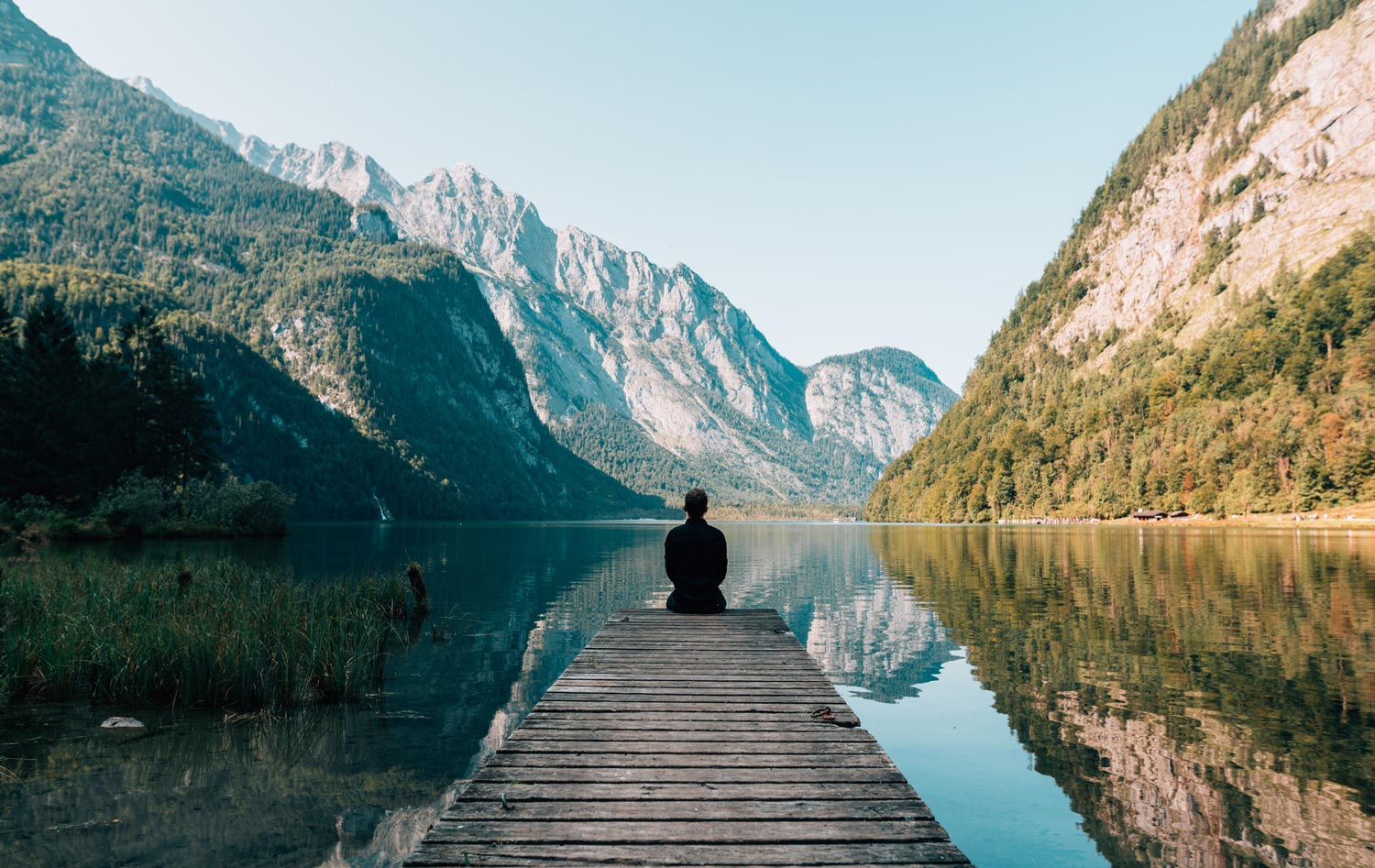Anxiety affects millions of people every single day, including at work. In fact, anxiety disorders are the sixth-leading cause of disability, prompting reflective pieces like Joni E. Johnston’s “Anxious at Work: Is It Me or This Damn Job?” at Psychology Today.
Whether you experience panic attacks from time to time or suffer from chronic anxiety, it can be scary, especially when it impacts your professional performance (or that of your employees).
Many of those who suffer from anxiety don’t seek treatment for it, in part because they don’t want to take pharmaceutical medication. However, there are a number of natural remedies for anxiety that can make a significant difference.
Here are some natural remedies for those who would prefer to avoid medication for anxiety:
1. Emotional Freedom Technique (EFT)
EFT is a self-directed therapeutic modality based on tapping on certain acupressure points on the face and chest. It’s easy to learn, free, and can be done anywhere.
EFT has been proven effective in treating both PTSD in war veterans and active military. Another study compared the efficacy of using EFT to standard care for anxiety, and found there was a “significant decrease in anxiety scores” in those who used EFT as compared to those receiving other care.
2. Get enough sleep
When it comes to reducing anxiety, a lot of what works best is preventative, and the one thing that tops the list is getting quality sleep. If you’re prone to anxiety, it’s critical that you get as much rest as you need. Several studies demonstrate that sleep deprivation heightens anxiety, including making you more prone to developing a full-blown anxiety disorder.
3. Spend time with animals
If you’ve got a pet, know that the quality time you spend with him or her helps soothe your nervous system. In fact, interacting with animals can reduce both anxiety and the stress associated with trauma. One systematic review shows that grooming and spending time with horses, in particular, can alleviate the effects of trauma (including treating PTSD).
4. Get some CBD spray
CBD is the non-psychoactive element in marijuana, and has a number of beneficial health properties, including being anti-inflammatory and helping to calm your nervous system.
You can get CBD gummies that you can chew anytime. Keep some in your purse or bag, or use it to help you get to sleep at night. (FYI, you can also get CBD products for your pets, especially if they are aging and have inflammation issues.)
5. Exercise
It might seem odd, but if you’re experiencing anxiety, it’s a good time to do a short workout. In fact, according to the Anxiety & Depression Association of America, just “five minutes of aerobic exercise can begin to stimulate anti-anxiety effects.”
So if you’re anxious about something at work, go climb the stairs for ten minutes. Not only will you feel better emotionally, but you’ll have toned calves in no time.
6. Meditation
You knew it was going to be on this list. The thing to know here is that you can see significant results in as little as ten minutes a day.
Meditating just means slowing down, sitting still, and breathing deeply. You don’t need to do it perfectly; you just need to do it for ten minutes or more a day to see results. And you can track your progress and get fun, meaningful affirmations at the end if you use an app like Calm.
7. Network Spinal Analysis
If you’re going to get therapy for your anxiety, consider the kind of therapy Tony Robbins gets on a regular basis. It’s heavily research-backed and somatic in nature, meaning you don’t need to talk about your anxiety or PTSD to get results.
Originally posted on Inc.






